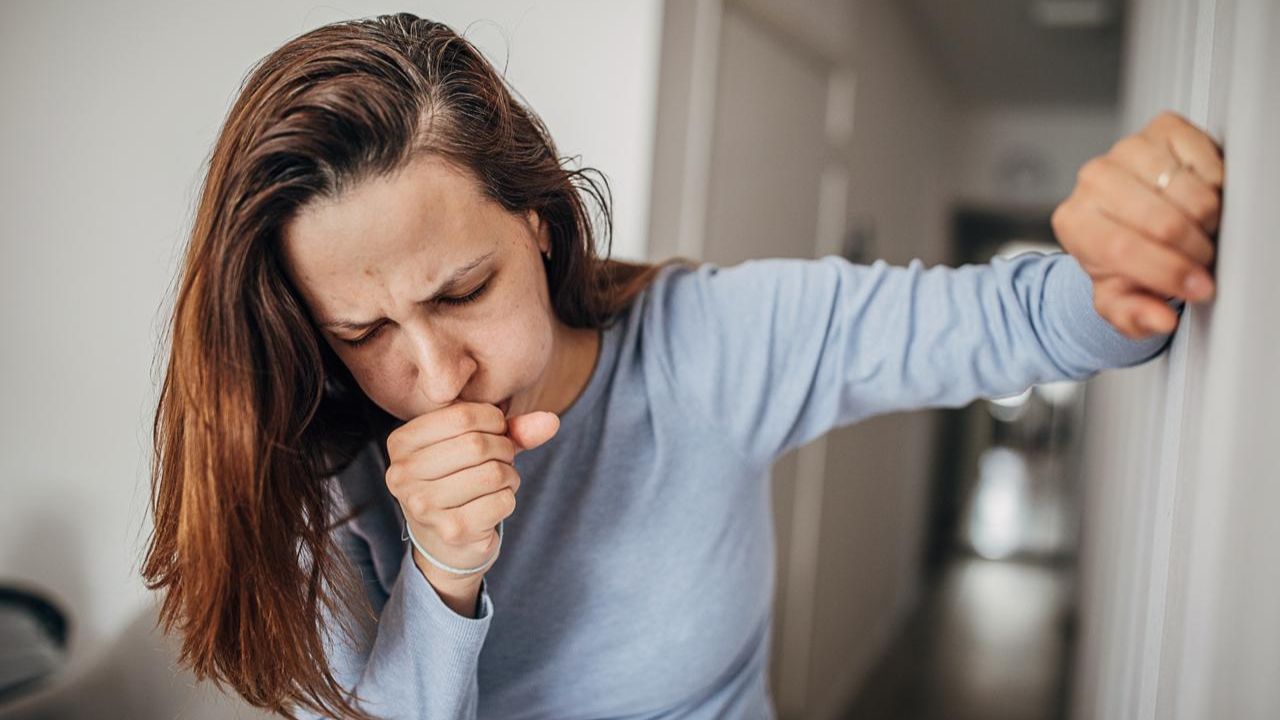What diseases spread after flood?Image Credit Source: South_agency/E+/Getty Images
Many states of India are hit by floods every year. At present, states like Bihar, Assam, Uttar Pradesh and Odisha are badly affected by floods. Floods not only harm life and property, but after this many serious health problems also arise. The risk of diseases increases rapidly due to exposure to dirt, infected mosquitoes and dirty water due to water filler. The harmful bacteria, viruses and chemicals present in flood water can be vulnerable to serious diseases. Also, infection spreads rapidly due to lack of clean water and cleanliness. In such a situation, it is important that people be cautious about their health after floods and do not ignore any symptoms.
After the flood, there is a risk of the most burning and mosquito -borne diseases. Among them, diseases like diarrhea, cholera, typhoid, hepatitis-A, and jaundice are special. They mostly spread due to consumption of dirty and contaminated water or in contact. In addition, diseases like malaria and dengue also spread rapidly as mosquitoes grow in the water that stopped after floods. In some cases diseases such as skin infection, fungal infection, and leptospirosis are also seen, which spread from exposure to infected water or soil. People often get wet during the flood, fungal infection also becomes common due to lack of wet clothes and lack of cleanliness. Apart from this, respiratory infections and eye diseases are also seen.
What are symptoms, treatment and prevention methods?
Dr. Subhash Giri in Medicine Department at RML Hospital It is said that the symptoms of diseases spread after floods can vary. If there is diarrhea or cholera, then there may be frequent diarrhea, vomiting, weakness and lack of water in the body. Typhoids are common symptoms of fever, headache, abdominal pain and loss of appetite. Hepatitis-A and jaundice may cause yellow, fatigue and nausea. Malaria and dengue contain high fever, headache, body pain and muscle stretch. Platelets in dengue may fall rapidly which can be fatal.
It is necessary to first contact a doctor for treatment. Os and clean water intake in diarrhea and cholera, medicines in malaria and dengue and doctor monitoring, hepatitis-A take care of rest and liver and antifungal creams or medicines are given in skin infections.
It is very important to drink clean and boiled water for rescue, avoid eating open and protect against mosquitoes. Identifying and treatment of timely symptoms can protect against serious conditions.
What precautions to take?
Drink only boiled or filtered water.
Change soaked clothes immediately and keep yourself dry.
Wear cream, mosquito nets or full clothes to prevent mosquitoes.
Avoid eating open, just eat fresh and clean food.
Take special care of children and the elderly.
If you see any unusual symptoms, contact the doctor immediately.
Maintain cleanliness at home and surrounding.
Add organic oil or kerosene to the stopped water so that the mosquito does not thrive.
